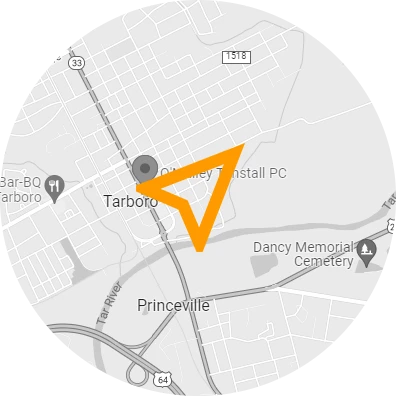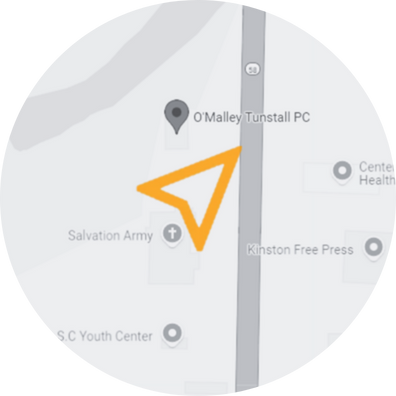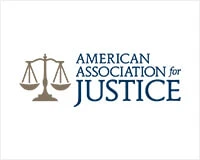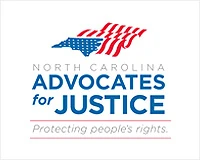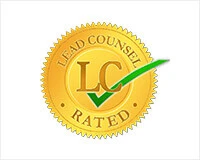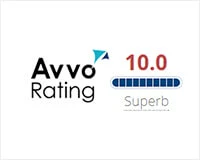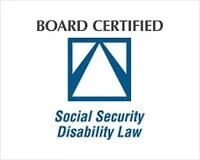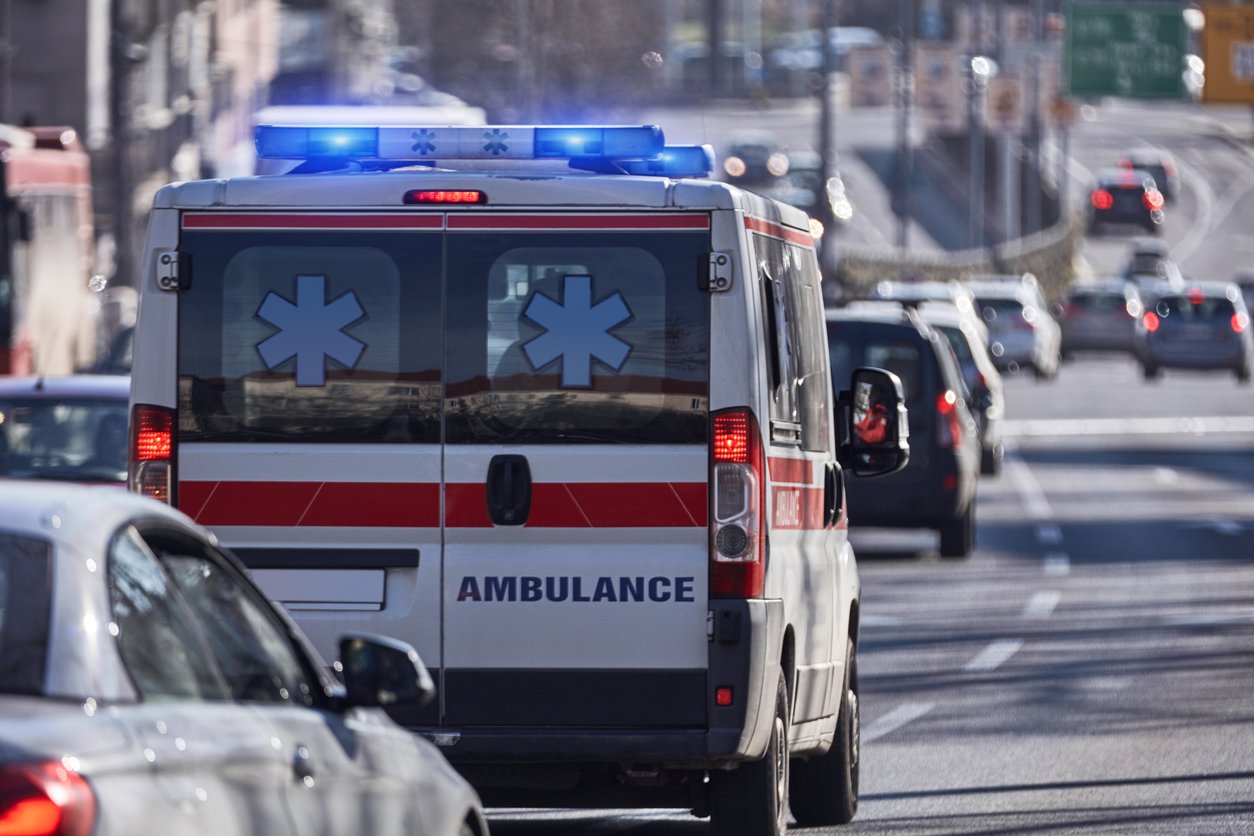
The Legal Guidelines for Raleigh Accidents Involving Emergency Vehicles
Accidents involving emergency vehicles are inherently complex. These vehicles—such as police cars, ambulances, and fire trucks—often operate under unique rules when responding to emergencies. Their ability to bypass traffic laws, like running red lights or exceeding speed limits, can create more deadly accidents on the road.
If you’ve been involved in a crash with an emergency vehicle in Raleigh, understanding the legal guidelines that govern these cases is essential for protecting your rights and seeking appropriate compensation.
Here’s a detailed look at what you need to know about handling accidents involving emergency vehicles in Raleigh.
Special Rules for Emergency Vehicles in Raleigh
Emergency vehicles have certain legal privileges under North Carolina law to perform their duties effectively. These privileges include:
- Running red lights or stop signs.
- Driving above the speed limit.
- Using sirens and lights to navigate through traffic.
- Driving on the wrong side of the road in certain situations.
However, these privileges come with responsibilities. Emergency vehicle drivers must practice “due regard” for the safety of others. This means they must take reasonable steps to avoid causing harm, even while responding to emergencies. For example, they are still expected to slow down at intersections or signal their intent when changing lanes.
Liability in Accidents Involving Emergency Vehicles
Determining liability in a crash involving an emergency vehicle can be complicated. North Carolina law provides some immunity to emergency vehicle operators, particularly when they are responding to emergencies. However, this immunity is not absolute. Liability is determined based on several factors, including:
- Whether the Emergency Vehicle Was Responding to an Emergency: Immunity typically applies only when the vehicle is actively responding to an emergency and using its sirens and lights.
- Whether the Driver Exercised “Due Regard”: If the emergency vehicle driver acted recklessly or failed to take precautions, they could be held liable for the accident.
- Contributory Negligence: North Carolina follows a contributory negligence rule, meaning if you are found even 1% at fault for the accident, you may be barred from recovering compensation.
Understanding these factors is crucial when building your case. The specifics of your situation will largely dictate who is liable and what damages may be recoverable.
Steps to Take After an Accident Involving an Emergency Vehicle
If you’ve been involved in an accident with an emergency vehicle, it’s essential to act quickly and strategically. Taking the right steps can help protect your claim and strengthen your case.
1. Prioritize Safety and Medical Attention
Your first priority after any accident should be ensuring your safety and addressing any medical needs. Move to a safe location if possible, and call 911 to report the accident. Even if your injuries seem minor, seek medical attention promptly. Medical records are critical evidence when pursuing compensation for injuries.
2. Document the Scene
Gather as much evidence as possible from the accident scene. Key details to document include:
- Photos of the vehicles, damage, and any injuries.
- Photos of traffic signals, road signs, and weather conditions.
- Contact information for any witnesses.
If the emergency vehicle driver or a representative from their department is present, exchange information and make note of their badge number or department affiliation.
3. Avoid Admitting Fault
Be cautious about what you say at the scene. Anything you say can be misconstrued as taking responsibility. Focus on factual information and let investigators determine liability.
4. Obtain the Police Report
A police report will be an important piece of evidence in your case. The report may include observations about the emergency vehicle’s behavior, statements from witnesses, and details about the accident. Request a copy of the report as soon as it becomes available.
5. Consult an Experienced Attorney
Accidents involving emergency vehicles require a deep understanding of North Carolina laws and immunity provisions. Calling a car accident lawyer ensures you can file a solid claim on time.
Filing a Claim Against a Government Entity
If you are pursuing a claim against the government entity responsible for the emergency vehicle—such as the city of Raleigh or the state of North Carolina—specific rules apply. Claims against government entities are governed by the North Carolina Tort Claims Act. Here’s what you need to know:
- Notice Requirements: You must file a notice of claim with the appropriate government agency within three years of the accident. Missing this deadline could result in your claim being dismissed.
- Proof of Negligence: To succeed in your claim, you must prove that the emergency vehicle driver acted negligently and failed to exercise due regard for safety.
- Caps on Damages: There may be limits on the amount of compensation you can recover in claims against government entities.
Your attorney will be able to mold your claim under the North Carolina Tort Claims Act.
Recoverable Damages in Emergency Vehicle Accidents
If you are successful in proving liability, you may be entitled to recover compensation for damages, including:
- Medical Expenses: Covers hospital bills, surgeries, medications, and rehabilitation costs.
- Lost Wages: If your injuries prevent you from working, you can recover compensation for lost income and diminished earning capacity.
- Pain and Suffering: Addresses the emotional and physical toll of the accident.
- Property Damage: Covers the repair or replacement of your vehicle and other personal property damaged in the crash.
Calculating damages can be complex, especially when future medical needs or long-term impacts are involved. An experienced car accident lawyer can help ensure you receive full and fair compensation.
Challenges in Emergency Vehicle Accident Cases
While victims of emergency vehicle accidents have legal rights, these cases often come with unique challenges, such as:
- Government Immunity: Public entities and their employees are often protected by immunity laws, making it harder to hold them accountable.
- Bias in Favor of Emergency Responders: Juries may sympathize with emergency responders, as their work is critical to public safety.
- Complex Evidence Requirements: Proving negligence in these cases often requires specialized evidence, such as vehicle black box data, dashcam footage, or expert testimony.
Navigating these challenges requires a strategic legal approach and a strong understanding of Raleigh’s legal system.
File a Car Accident Claim Today!
Accidents involving emergency vehicles are legally and emotionally challenging, but you don’t have to navigate the process alone. Understanding Raleigh’s legal guidelines and acting quickly can make a significant difference in the outcome of your case.
At O’Malley Tunstall PC, we are dedicated to helping victims of emergency vehicle accidents protect their rights and secure fair compensation. Our experienced attorneys understand the unique complexities of these cases and are here to guide you every step of the way. Contact us today for a consultation, and let us help you achieve the justice you deserve.



